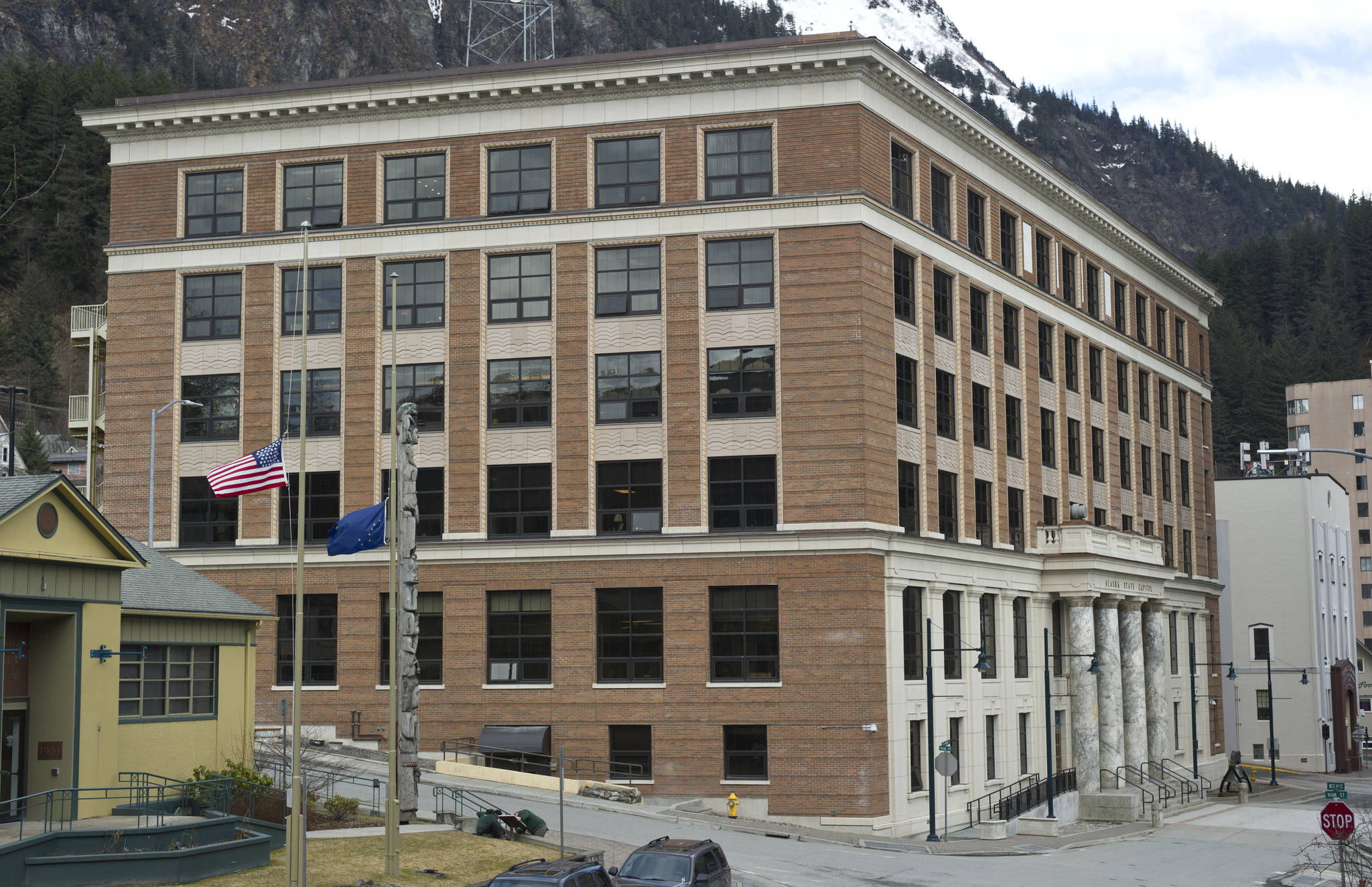There is an old saying: “Just because you can, doesn’t mean you should.”
One of the biggest issues emerging this legislative session is whether the state should pass a fully balanced budget, where revenue exactly matches expenses for a zero-sum gain. While a balanced budget is normally a good idea, I would argue it will be detrimental in our case because it includes instituting an income tax. I advocate that carrying a modest deficit going forward is instead in the best interest of our state.
The Alaska Senate recently passed Senate Bill 26, a bill that restructures the annual draw from the Permanent Fund’s earnings. Using earnings of the Permanent Fund to help cover the budget deficit is the single most important action this Legislature can take. It is exactly in line with the vision of the original trustees of the Permanent Fund who wrote, “The earnings from the Permanent Fund can and should help level the peaks and valleys of the Alaska traditional boom and bust economic cycles,” as long as Alaska has “sane and reasonable levels of government.”
SB 26 reduces Permanent Fund Dividend amounts to $1,000 per Alaskan, which is just short of the 30-year average and applies the remaining earnings toward reducing our substantial budget deficit. It is a solution that closes the gap substantially.
The next place to focus are budget reductions. But, defining a “sane and reasonable” level of government is quite a challenge. There are groups calling to trim what they feel is still a bloated bureaucracy. Other factions say our state government is right-sized and not to make any additional cuts.
So far, the Senate Majority is looking at a 5 percent reduction for most agencies (which is 5 cents on the dollar) and I am pleased to say many of the departments met the challenge and offered specific areas where their agencies could scale back.
The latest budget presented by the Senate for fiscal year 2018 has general fund spending reduced to about $4.1 billion, which meets the spending cap the Senate placed within SB 26. This spending cap grows by inflation each year, and if adhered to, will stop the wild fluctuations in the operating budget and keep government growth in check. Is there room for additional reductions? You bet, and the Senate continues to advocate for health care reform, a freeze on state salaries and shared service consolidation across departments.
With a draw on the Permanent Fund earnings, together with spending reductions, where does that leave us? There is still a gap of about $500 million dollars remaining to balance the budget. I urge lawmakers not to try to fill it with an income tax.
If we institute an income tax now, we will be kicking our economy while it’s in a recession. In about five years, many small businesses and working families may leave Alaska and move to the Lower 48, where the total cost of living (health care premiums + energy + transportation + income taxes) is much lower. The result will be higher unemployment rates where only a skeleton crew of die-hard working Alaskans remain, and private entrepreneurial innovation and economic expansion is cut off at the knees.
Instead of an income tax, I urge my fellow lawmakers to allow the Constitutional Budget Reserve (CBR) to absorb the deficit for the next few years. Modeling shows that the CBR has the capacity to cover a modest budget deficit for the next decade. Meanwhile, we can monitor the price of oil, work to increase oil production, look for additional economic opportunities, and pursue legislative reform that further reduces government spending.
I have many takeaways from my first few months serving as a legislator. The largest is that there is no “perfect” or “easy” way out of our problems, and every decision we make has major consequences. So far, the suite of bills presented by the Senate majority ensures the longevity of the PFD for all Alaskans, caps government growth, does not tax the income of hard-working Alaskans, and keeps private dollars available for economic investment. Coupled with a 5 percent decrease in spending, this is the best path out of our financial quagmire.
We must each remember that choices we make now will have both short- and long-term repercussions. Furthermore, budget solutions are intertwined, where one affects the other. It’s imperative that we make responsible decisions to ensure a safe, thriving, and accessible state with a great future.
• Natasha von Imhof, R-Anchorage, is a freshman state senator with a financial analysis background. Sen. von Imhof sits on the Senate Finance, Resources Committee and the Health and Social Services Committee.

